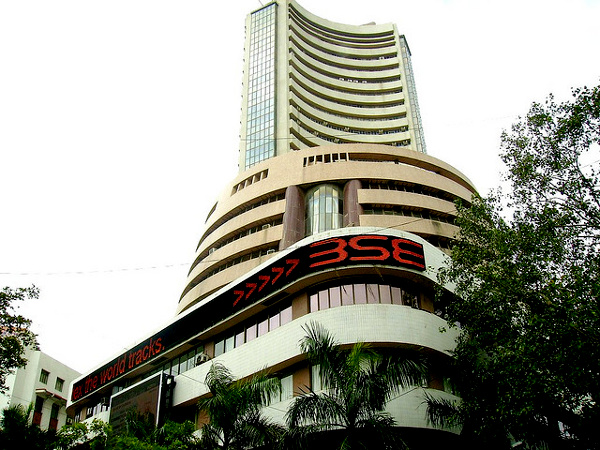India is now the world’s sixth-biggest stock market, overtaking France for the first time in market capitalization, with the benchmark Sensex surging more than 23% this year.
India’s market cap stood at $3.4055 trillion on Tuesday against $3.4023 trillion in France, according to Bloomberg data. India posted the biggest gain in market value this year, adding more than $873.4 billion or a rise of 35% from $2.52 trillion on 31 December 2020. Since the March 2020 low, India added nearly $2.08 trillion market cap or a 159% gain. In 2020, it added a $373 billion market cap or gains of 17.4% from $2.14 trillion.
The US stock market is the world’s most valued with a market cap of $51.3 trillion, followed by China ($12.42 trillion), Japan ($7.43 trillion), Hong Kong ($6.52 trillion) and the UK ($3.68 trillion).
“Strong liquidity and positive macroeconomic cues are also likely to support domestic markets to continue their movements to record levels. The consumer demand will be closely monitored as it is expected to pick up, given the festive season has begun and the restrictions are continuing to ease. However, concerns on the third wave of the (covid-19) pandemic still hover,” Motilal Oswal said in its report on Wednesday.
Both Sensex and Nifty advanced 23% and 25%, respectively, year-to-date, while foreign and domestic investors bought stocks worth $8 billion and ₹23,532 crore. Continued foreign investor flow with a sharp improvement in key economic indicators such as the index of industrial production for July, which was 11.5% (higher than consensus estimate), almost reaching to pre-pandemic level also offers comfort, analysts said. Further, the easing of retail inflation to 5.3% for August bodes well. This should help the Reserve Bank of India maintain its soft monetary policy stance to support the ongoing recovery in economic momentum.
Better-than-expected gross domestic product and goods and services tax (GST) collection indicate a sustainable rebound in earnings. This should help the market sustain the premium valuations. The GST council is likely to meet on Friday to decide on the inclusion of diesel and petrol under the GST regime.
Source: The Mint
You may also like
-
Trade Connect E-platform For Exports Is Single Window, Fast, Accessible And Transformational: Shri Piyush Goyal
-
Dot Simplifies Approval Processes For Telecom Licenses And Wireless Equipment
-
Coal Production and Supply Trends on Positive Trajectory
-
Union Minister To Release Booklets On Promotion Of Indigenous Species & Conservation Of States Fishes
-
2nd India-Japan Finance Dialogue held in Tokyo on 6th September, 2024
